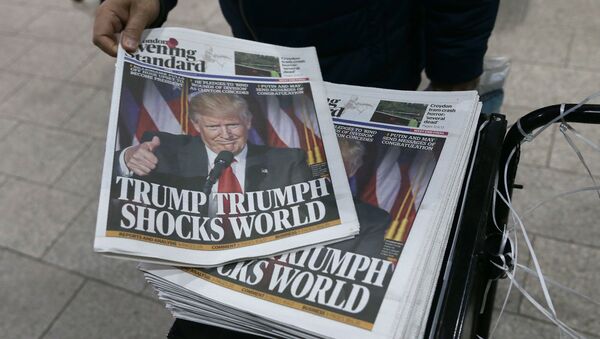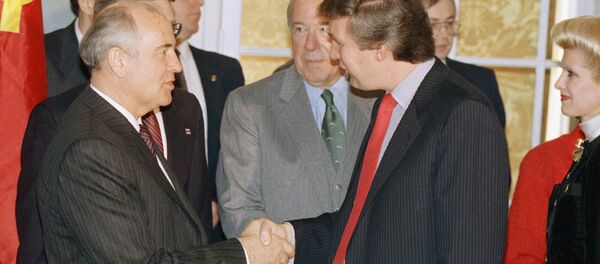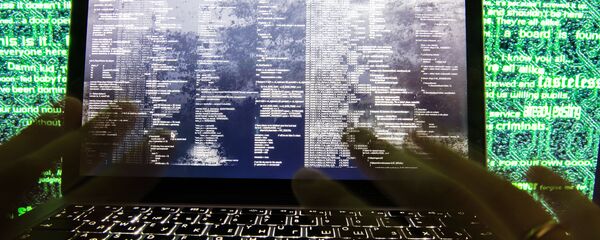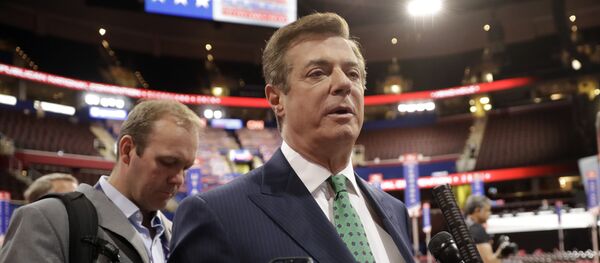"Today the grand jury in the District of Columbia returned an indictment presented by the Special Counsel's Office. The indictment charges 12 Russian military officers by name. According to the allegations in the indictment, the defendants work for two units of the Main Intelligence Directorate of the Russian General Staff known as the GRU," Rosenstein told reporters.
Russian intelligence officers have been indicted for creating fictitious online accounts to release stolen information beginning in June 2016, Deputy US Attorney General Rod Rosenstein said.
"Eleven of the defendants are charged with conspiring to hack into computers, steal documents, and release those documents with the intent to interfere in the election," he stated.
"One of those defendants and a 12th Russian are charged with conspiring to infiltrate computers of organizations involved in administering elections," he emphasized.
The Russian hackers used DCLeaks and Gucifer 2.0 to extract and disseminate the information under the direction of GRU, according to Rosenstein.
Rosenstein said that he informed US President Donald Trump about the indictment before Friday's announcement.
"I briefed President Trump about these allegations earlier this week," Rosenstein told reporters. "The President is fully aware of the Department's actions today."
The indictment of the Russians does not contain allegations that any US national was a knowing participant in the unlawful activities, US Deputy Attorney General Rod Rosenstein told reporters.
"There is no allegation in this indictment that any American citizen was a knowing participant in the alleged unlawful activity or knew they were communicating with Russian intelligence officers," Rosenstein said.
Meanwhile, the White House has denied that there is any connection between charges against the 12 Russians and allegations of individuals in the Trump campaign being aware of the hacking.
"Today's charges include no allegations of knowing involvement by anyone on the campaign and no allegations that the alleged hacking affected the election result. This is consistent with what we have been saying all along," the statement said, as quoted in a pool report.
READ MORE: Jared Kushner Reportedly Cut Off From Top Secret Info
Later, the CIA, through the media, accused Russia of hacking Democratic Party computer servers in order to help Donald Trump, who won the presidential election on November 8, 2016.
Speculation about Russia's Meddling in US Election Should Be Stopped — Kremlin Aide
"It seems to us that we should not allow those who oppose improving US-Russia relations to constantly speculate on this harmful and, most importantly, artificially propped up topic," Ushakov told reporters, noting that Putin would reiterate this during his meeting with Trump.
He noted that Russia was ready to consider facts proving Moscow's interference in the US election if the US side has them.
"This could be done, for example, within the framework of the joint working group on cybersecurity, which our president and Trump agreed to create at the meeting in Hamburg, but so far this idea has not been implemented," the Kremlin aide said.
READ MORE: Trump's Ex-Adviser Flynn Arrives in Court for Sentencing — Reports
Since Trump won the 2016 presidential election, US authorities have been investigating at various levels the allegations of collusion between Trump's campaign team and Russia, claiming that Moscow had meddled in the election process to help Trump win against then-Democratic nominee Hillary Clinton.
Russian authorities have repeatedly denied all allegations as groundless.






